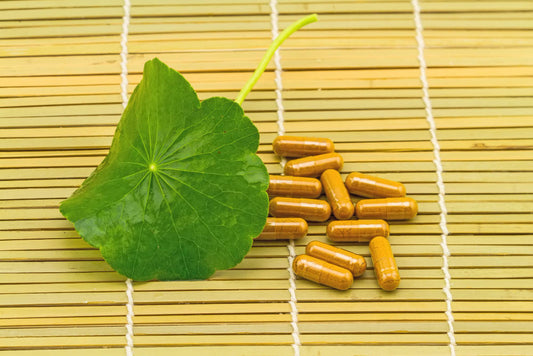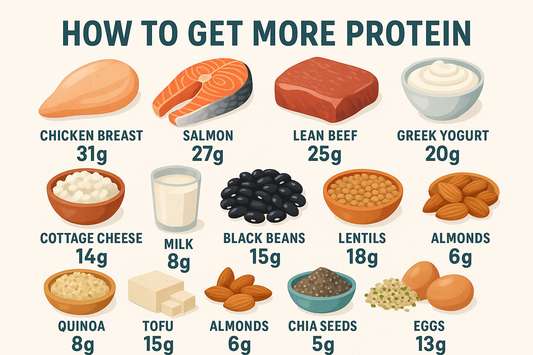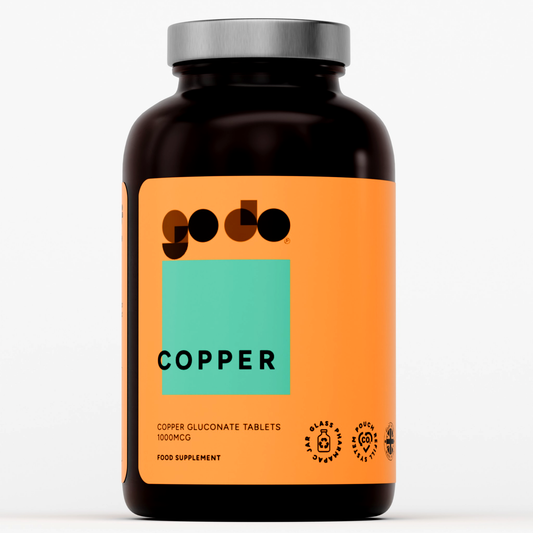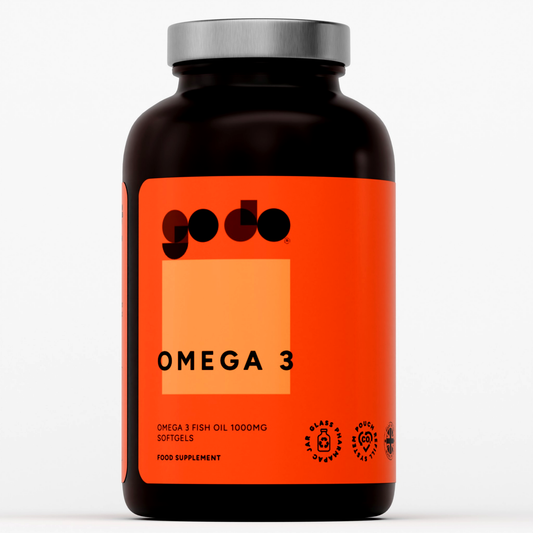It is important to protect your immune system, so your body can fight any infections inside your body. One of the best ways to improve your immune health is to take vitamins that naturally boost your immune system.
Here are the top 10 vitamins you can add to your diet or supplement routine to boost your immune system.
Vitamin C
Vitamin C is one of the best vitamins you can take to increase your immune health. It is an antioxidant that helps reduce inflammation (including in your lungs) and helps your body fight diseases like the common cold quickly.
Vitamin D
Also known as the sunshine vitamin, Vitamin D is a one of the most powerful immune boosters.
Vitamin D helps your body maintain optimal blood levels of calcium and phosphorous. It helps your body fight diseases and greatly reduces your chance of developing a respiratory tract infection.
Iron and immune health are closely linked. It is fundamental for the development of your immune system, and your immune system cannot function properly without iron.
Iron plays a role in both the first and secondary immune response and is your body's first act of defence against pathogens.
In addition, iron in essential in the formation of red blood cells, oxygen transportation, and energy metabolism. All things that have an impact on how strong your immune system is.
Vitamin A
Vitamin A is a micronutrient that plays a critical role in your overall immune health. It has shown to be an effective therapeutic for treating infectious diseases due to the regulatory role it has in both cellular immune responses and humoral immune processes.
Essential immune organs, such as the spleen, need a daily intake of vitamin A in order to properly function.
Vitamin B6
Vitamin B6 is one of 8 B vitamins that your body needs to properly function.
In addition to having other benefits like increasing your mood, vitamin B6 creates a chemical reaction with your immune system that helps it work better and guard against infections.
Vitamin B6 also increases your circulation and regulates the amount of amino acid in your blood, which has a secondary benefit of boosting your immune system because your blood cells can quickly and easily move towards infected areas.
Vitamin E
Just like vitamin A, vitamin E is a natural antioxidant that helps your immune system fight infections.
Vitamin E widens your blood vessels and keeps them from clotting. This makes it easier for your blood to flow through your body and fight infections.
Zinc
Zinc is an essential mineral that not only keeps your immune system strong, but it also helps health wounds.
It helps produce and activate T-cells that tell your body to respond to and fight infections.
Zinc has been shown to reduce the length of your cold symptoms if you take zinc supplements within 24 hours of the onset of symptoms.
Folate/Folic Acid
Folate and folic acid are the same vitamin. The difference is that folate is the natural form and folic acid is the synthetic form that is often added to foods like bread, pasta, and rice because of its health benefits.
Folate/folic acid plays an important role in cell division and making cells in some organs, such as bone marrow, that are essential to your immune system.
A deficiency in folate/folic acid causes red blood cells to be larger than normal, which is not good for your immune health since your blood cells cannot flow through your body as quickly or efficiently as a properly-sized blood cell.
Selenium
You may not have heard about selenium before, but it is an essential mineral and an antioxidant.
Your body only needs a little bit of selenium, but it plays a big role in your immune health. It helps reduce inflammation and increases your body's immunity.
Studies have shown that having a higher than normal amount of selenium in your blood is associated with a stronger immune system and immune response.
Copper
Copper is a trace mineral that is essential for humans. It plays a role in creating blood cells and maintaining cells in both your nervous system and immune system.
Without enough copper, you may develop neutropenia, which is a deficiency of white blood cells.
People who develop neutropenia are more likely to get infectious diseases and have a harder time fighting the infections.










